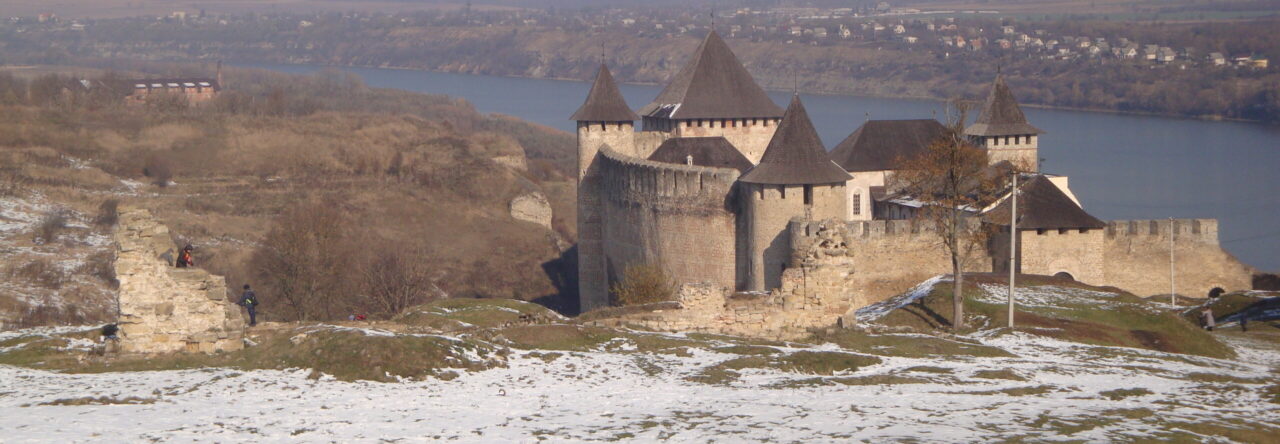Russia has started implementing an ambitious project that involves establishing a network of 30 ‘world-class university campuses’ across the country, Prime Minister Mikhail Mishustin said this week. The aim is to improve the quality of higher education and attract more international students.
According to recent statements made by Mishustin, who personally controls implementation of the project, of 27 applications so far for building new campuses, eight have already been selected. This meant that construction work would begin in the short term.
It is planned that in the initial stage these campuses will be built in Kaliningrad, Nizhny Novgorod, Ufa, Chelyabinsk and Yekaterinburg. In addition, another three campus projects in Moscow, Tomsk and Novosibirsk have received funding.
Projects in Perm, Irkutsk, Samara, Vladivostok, Khabarovsk and St Petersburg are at a high degree of readiness.
Mishustin said during a government meeting on education held on 5 October – Teacher’s Day in Russia – that these facilities will not just be the usual student campuses and dormitories found at large universities, but modern multifunctional spaces.
Mishustin said: “A large volume of space will be created for students where they can not only live and communicate, but also focus on scientific research and creativity and spend their free time with benefit and interest.
“Many Russian universities and regions will fight for the right to create world-class university campuses. They are already actively involved in this work. So far, projects for the Novosibirsk State University and the world-class inter-university campus in Tomsk have been prepared.”
Minister of Science and Higher Education Valery Falkov has specified that the implementation of three large-scale projects will begin in 2022.
“We expect to start active construction of three facilities as early as next year. A modern educational campus of Novosibirsk State University will appear in Akademgorodok. In Puchkovo, Kaluga Region, we plan to create a new campus. Finally, in Moscow, on the basis of the Bauman Moscow State Technical University, more than 15 interdisciplinary scientific clusters will be created.”
An estimated RUB36 billion (US$502 million) will be invested in implementing these plans over the next four years. Overall, there are plans to build at least 30 campuses that can accommodate more than 150,000 people.
The construction will be carried out through public-private partnerships. Private investors participating in the project will receive an opportunity for return on investment through participation in the management of the created infrastructure.
Higher education happy
In the meantime, representatives of Russia’s leading universities have welcomed the state initiative, believing it will contribute to the overall development of the system of higher education.
Alexander Shamrin, first vice rector of the National Research University Higher School of Economics, one of Russia’s leading universities in the field of economics, told University World News: “We consider the project as very timely. Leading universities in Russia are experiencing a shortage of modern dormitories. This seriously limits student mobility.
“An important role in attracting foreign students is played by the quality of the university environment, especially the comfort and accessibility of dormitories. This project allows us to form a long-term programme for the development of university campuses.”
Shamrin said that at the same time, the role of regions was becoming more active, as mechanisms of public-private partnership are being introduced.
“Higher School of Economics is participating in this competition with a project to build a campus in New Moscow (Troitsk), which is a new district of Moscow city. We plan to build a campus there for 3,000 to 5,000 students with the necessary educational and social infrastructure.”
Source: University World News

